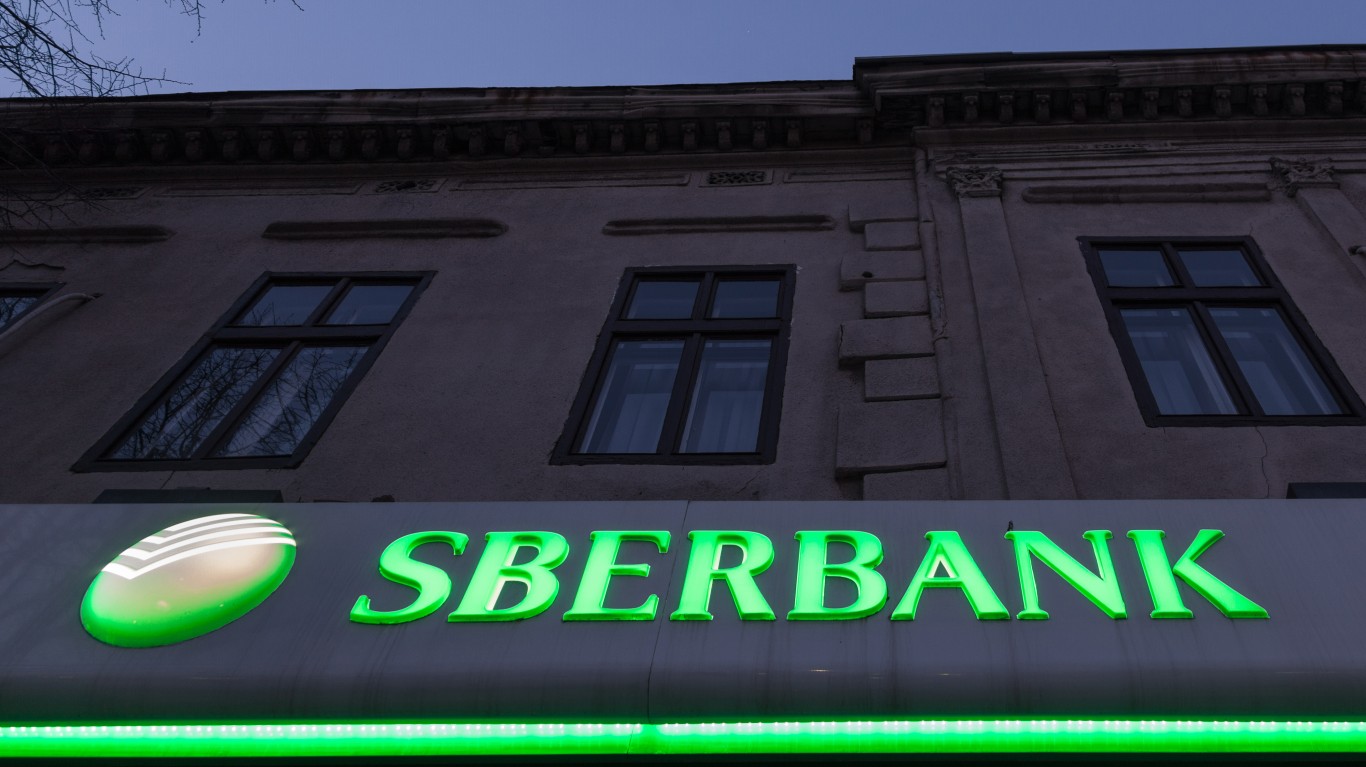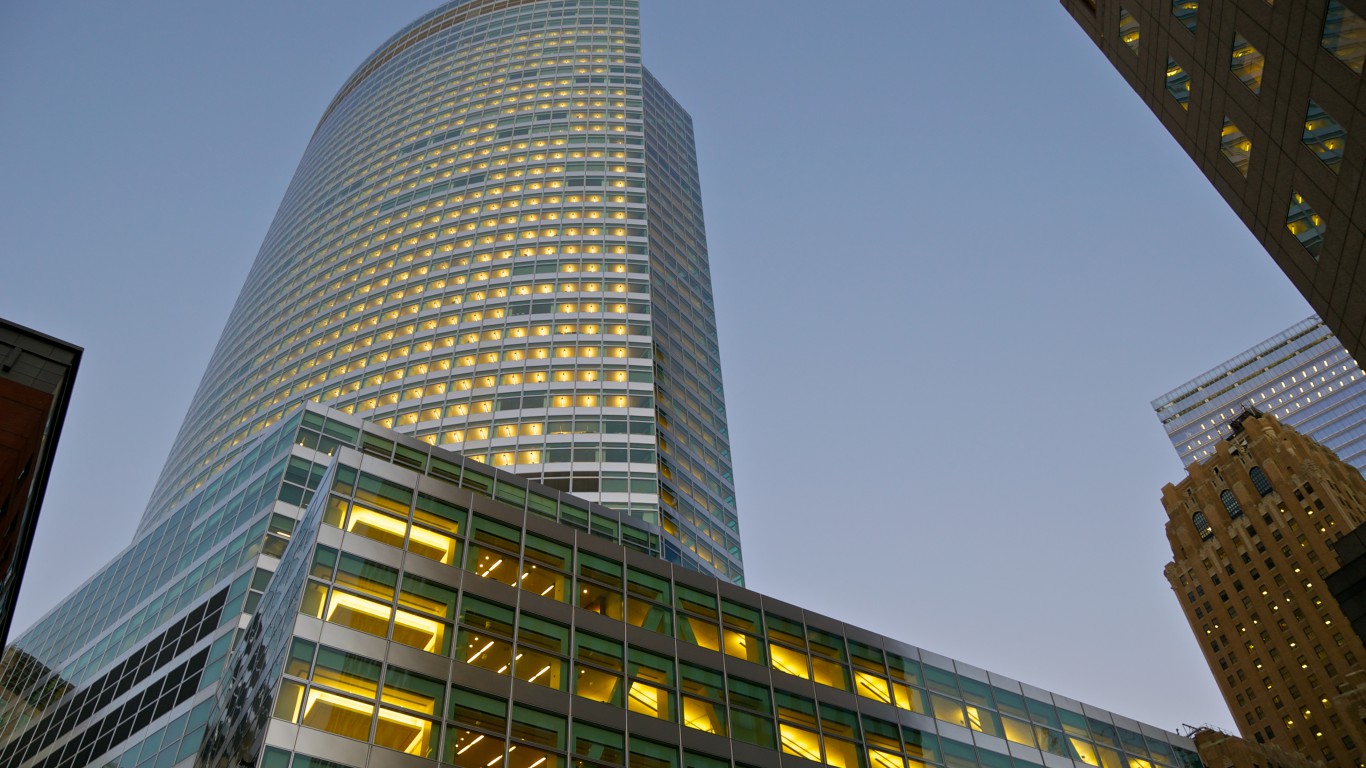
The Moscow stock exchange has been closed since February 25 and was down by 35% as of that date. Major U.S. and London exchanges have halted trading some Russian securities and the creation of new exchange-traded funds also has been stopped.
Analysts at S3 Research follow 59 shorted Russian American and global depositary receipts (ADRs/GDRs) that have a combined short interest of $198 million. According to S3, “the relatively low amount of short interest does not indicate a lack of short trading enthusiasm or short covering in the sector— it’s more a function of stock price declines.” Price weakness so far this year has resulted in short interest falling from $996.7 million a year ago to just $194.8 million as of March 2.
Ozon Holdings, Russia’s largest e-commerce firm, accounts for about $73.5 million of that total, while Mobile Telesystems, Sberbank and Polymetal International all have short interest of more than $10 million. Short interest in Russia’s energy giants (Gazprom, Rosneft and Lukoil) represents just 0.02%, 0.01% and 0.07%, respectively, of the firms’ ADRs.
The collapsing prices of Russian ADRs/GDRs have rewarded short sellers with substantial returns:
With Russian ADR\GDR stock prices in freefall, short sellers have had outsized returns in their trades. Overall, Russian ADR\GDR shorts are up +$723 million in year-to-date mark-to-market profits on an average short interest of $699 million (a return of +103.34%). Since [the Moscow stock exchange’s] recent high on 2/16/22, Russian ADR\GDR shorts are up +$698 million in year-to-date mark-to-market profits on an average short interest of $638 million (a return of +109.34%).
The following table from S3 Research shows the average short interest in the 10 Russian companies that have provided the best returns to short sellers as of February 16. The returns are ranked by mark-to-market profit/loss in dollars (MTM P/L$) and the percentage gain is also given (MTM P/L%).
| Company | Ticker | Avg. Short Interest | MTM P/L$ | MTM P/L% |
|---|---|---|---|---|
| Sberbank | SBER | $95.7 million | $165.4 million | 172.8% |
| Ozon | OZON | $97.6 million | $71.2 million | 73.4% |
| Gazprom | OGZD | $45.3 million | $56.1 million | 123.9% |
| Sberbank | SBRCY | $51.4 million | $54.4 million | 105.9% |
| Lukoil | LKOD | $40.3 million | $47.3 million | 117.3% |
| Severstal | SVST | $33.0 million | $37.0 million | 115.2% |
| Polymetal | POYYF | $35.9 million | $35.7 million | 99.2% |
| Lukoil | LUKOY | $23.9 million | $35.2 million | 146.7% |
| MMC Norilsk | NILSY | $21.0 million | $22.9 million | 109.0% |
| Polyus | PLZL | $26.3 million | $21.6 million | 82.0% |
The average stock borrow fee for Russian ADRs/GDRs is 2.02%, up from just 0.65% as of the end of December. S3 outlines the risks:
As more long shareholders exit their positions, the stock borrow pool will continue drying up and stock borrow rates will increase. If these long shareholders are also stock lenders, this will trigger a slew of recalls forcing shorts to buy-to-cover in order to return stock borrows. …
The high probability of more expensive stock borrow fees and increased stock loan recalls, coupled with “way in the money” short sellers looking to realize profits are harbingers of increased buy-to-covers in the sector.
While these buy-to-covers would normally lead to upward price pressure on stocks, in this case the buying pressure will probably be more than offset by long shareholders looking to limit future losses and sell all or some of their positions. Short sellers, sometimes thought of as pariahs in the stock market, will actually be providing liquidity for these long sellers and create a more orderly trade flow in these securities.
It’s Your Money, Your Future—Own It (sponsor)
Retirement can be daunting, but it doesn’t need to be.
Imagine having an expert in your corner to help you with your financial goals. Someone to help you determine if you’re ahead, behind, or right on track. With SmartAsset, that’s not just a dream—it’s reality. This free tool connects you with pre-screened financial advisors who work in your best interests. It’s quick, it’s easy, so take the leap today and start planning smarter!
Don’t waste another minute; get started right here and help your retirement dreams become a retirement reality.
Thank you for reading! Have some feedback for us?
Contact the 24/7 Wall St. editorial team.

 24/7 Wall St.
24/7 Wall St.



